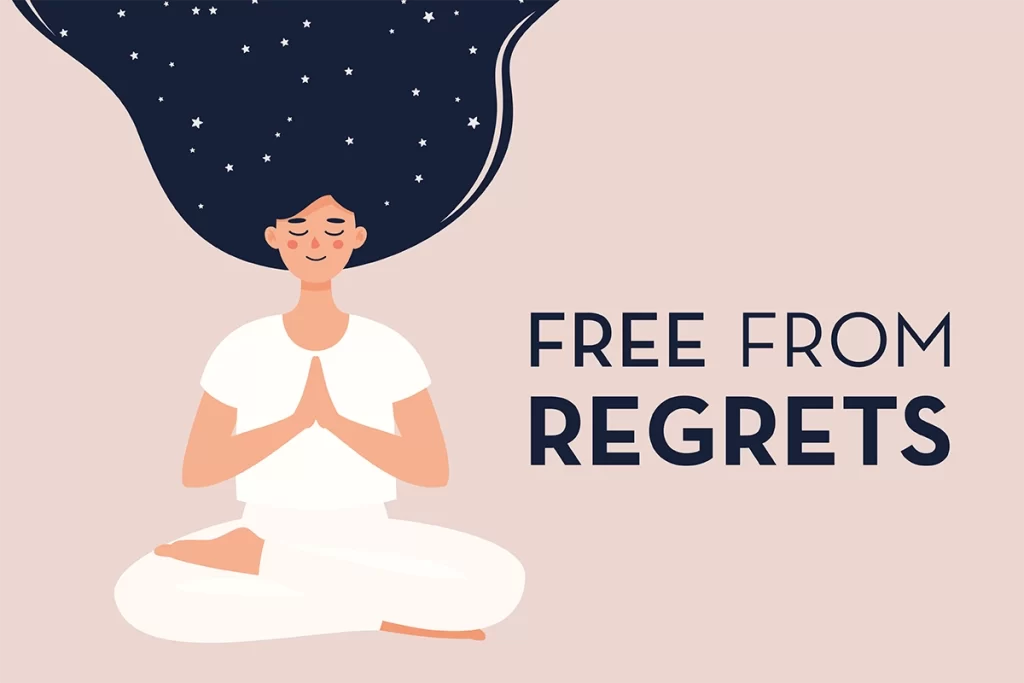“Thoughts fuel emotions. If you don’t like, what you’re feeling step back and examine what you’re thinking. Pain is inevitable, but you’ll suffer a lot less if you disengage from your thoughts.” – Buddha
In all cultures, humans universally experience 6 distinct emotions and within those, there are subcategories branching out to more specific emotions such as despair, hope, anguish, regret. There is a science behind how our thoughts trigger synapses in our brain to create our feelings at the moment. Our brain is constantly receiving information from our environment with the use of our bodily senses. We perceive the world subjectively based on our memories from our life-lived experiences, which is why we all have opposing viewpoints.
Many have a preconceived notion that to be ‘happy’ we must never have negative feelings. We have these emotions for a reason so that we can learn, grow, help ourselves and others.
The one way negative feelings can be detrimental to us is when we linger in those thoughts of depression/sadness/regret for an extended period and continuously bring up those repetitive thoughts. This can cause chronic stress, ‘upsetting the body’s hormonal balance’ leading many to take antidepressants, altering the chemical reactions in our brain.
Many self-help books, religions, philosophers have expressed for centuries that we must be kind to ourselves and others, don’t judge, compare, etc. We have rules that we follow, but do we know the reasoning behind why, other than the causal fact of being a good person. It stems from simple chemistry of our brain. ‘Positivity increases mental productivity (attention, awareness, memory) while negativity narrows your thought process impeding cognition.
Regret is considered a complex negative emotion that stems from guilt and disappointment, involves thinking and feeling. Children are taught right from wrong and when other children are praised for good behavior, regret automatically kicks in (‘oh man I shouldn’t have done that). While adults fixate on the past regretting wrong decisions and missed opportunities e.g. (I should have bought that, done that, I would have had more by now). The feeling of regret, wishing you can undo an action and do something differently, happens to all of us.
BUT how can I live my life with acceptance and confidence when I have so many regrets? I do not deserve happiness, justifying my non-existence here is more profound. This turns into self-destruction which affects you and others around you.
Some tips that have helped me:
1) We all make mistakes; nobody is perfect and not one mistake is worse than another. We perceive ours to be grandiose and unforgivable. These are experiences that shape you as a person and help shape your future. Spin any negative into a positive, change those synapses by putting in that conscious effort.
2) LET IT GO. There are actions that cannot be undone. Do not continue to blame/ point the finger leading to a cycle of harm. Most importantly self-reflect, be aware of the faults at the place, and forgive. Be confident with yourself and your decisions making.
3) Be consciously aware that we remember what we want to remember, so SEPARATE real form false. We store thousands of thoughts in our mind, which are pictures of events that have happened, emotions linked to those events/actions. These thoughts in my mind are not real, yet they are delusions. Confront the self who regrets. At the time based on your knowledge, you made the decision or action to the best of your abilities.
4) Live in the here and now, focusing on what is happening at the moment, and live day to day to your fullest capacity. DO NOT TAKE THINGS IN LIFE SERIOUSLY, PLAY MORE, HAVE FUN!
You will be stronger and wiser. Be patient with yourself and others.
By Vicky Theodoropoulos (Bayside, New York)
